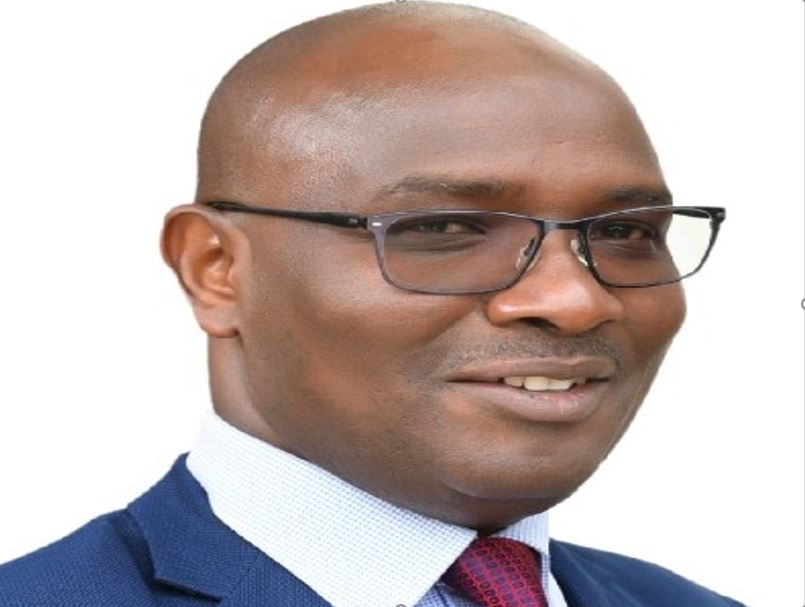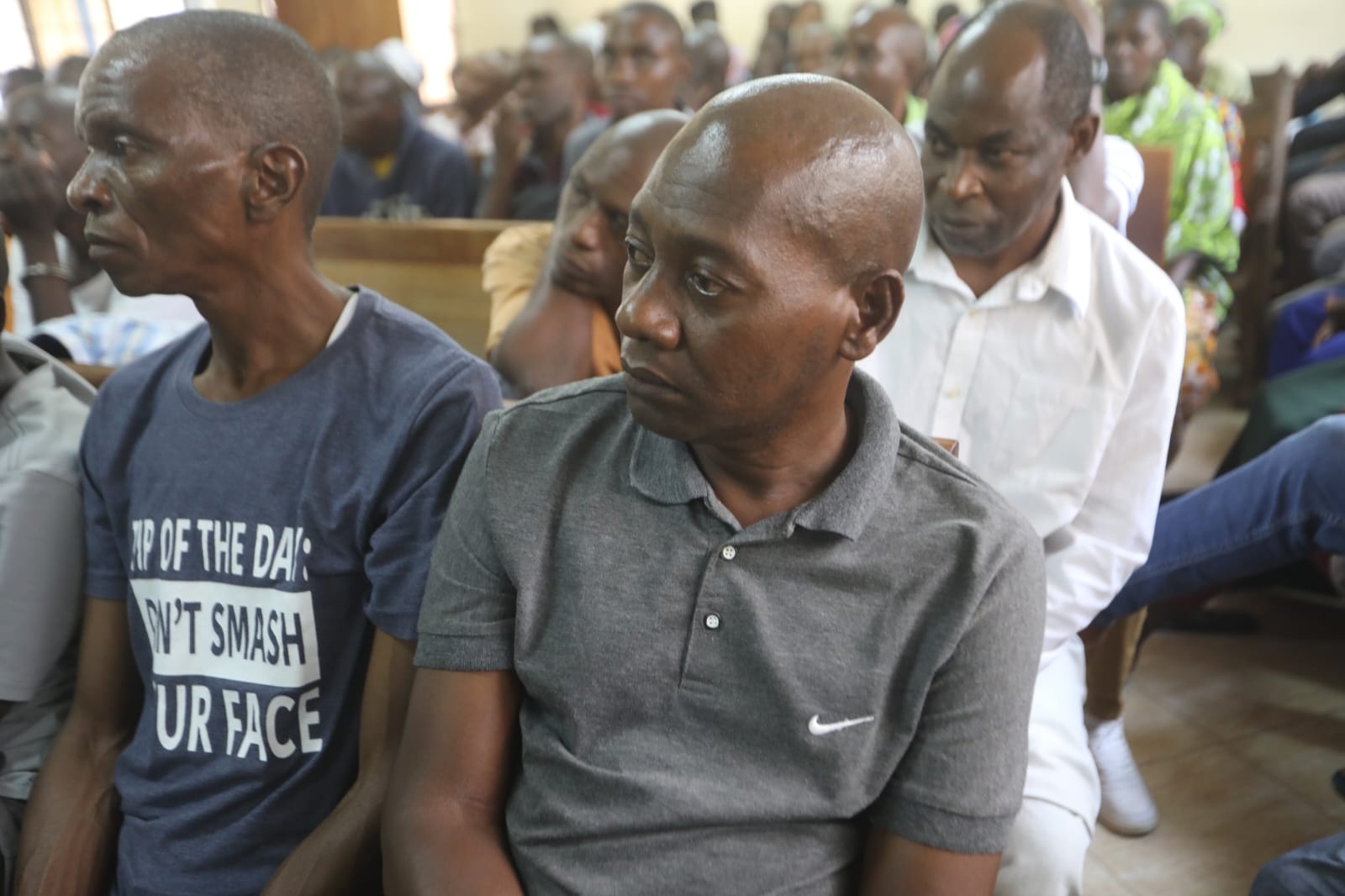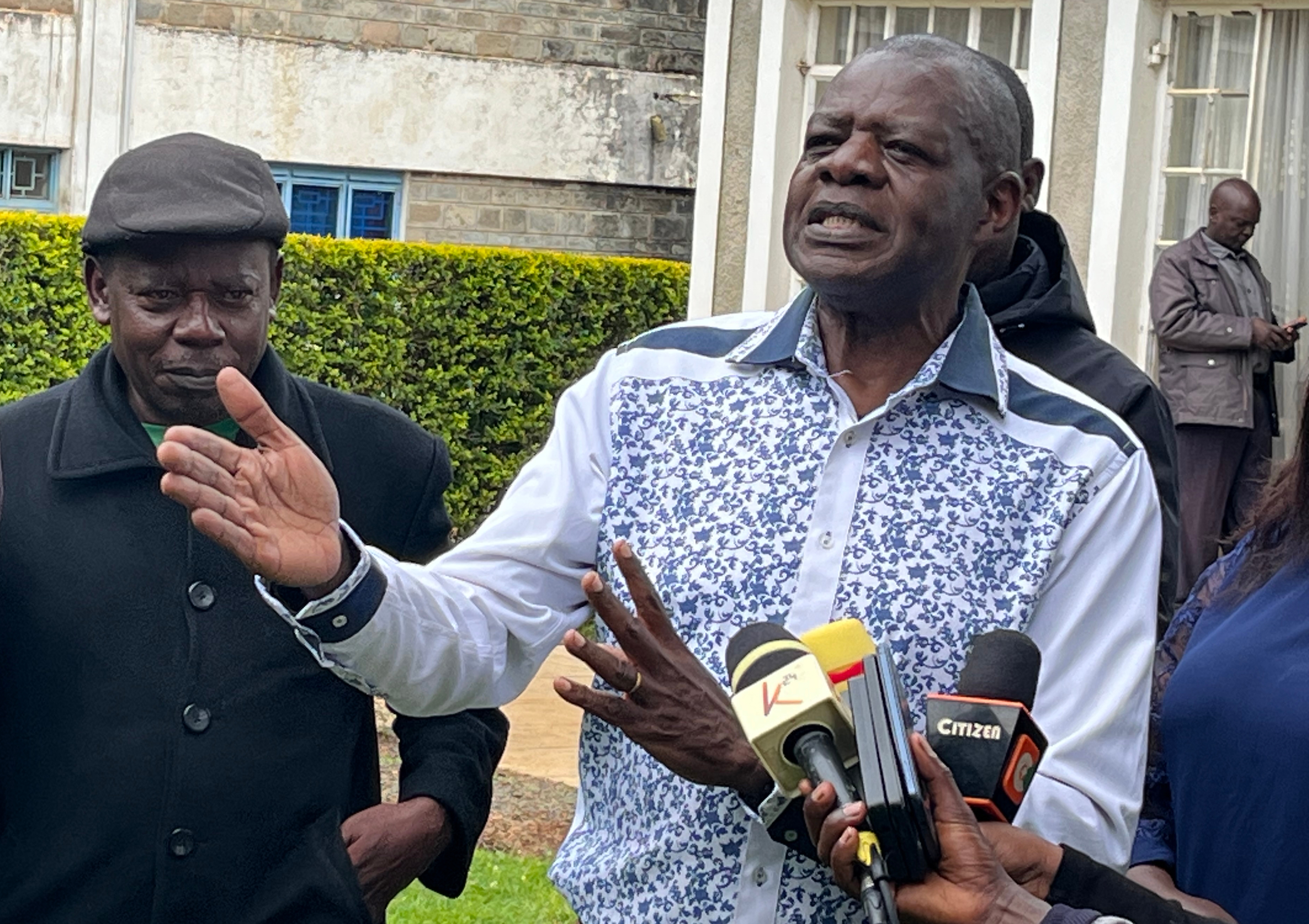
The Kenya Constitution, Article 43,
and Vision 2030 mandate the provision of high-quality healthcare for all
citizens.
The Government is implementing the Bottom-Up Economic Transformation Agenda (BETA), and UHC remains a key pillar.
In 2023, President William Ruto signed into law four Acts in support of UHC, including: The Primary Health Care Act, the Facility Improvement Financing Act, the Digital Health Act and the Social Health Insurance Act.
The Acts are pursuant to the mandate of Article 43 of the
Constitution of Kenya, the right to the highest attainable standard of health as
a fundamental right.
The Article stipulates that every
person has the right to access healthcare services, including reproductive
health care.
The Chinese philosopher Lao Tzu
said, “The journey of a thousand miles begins with one step”.
This quote affirms that even the
longest and most difficult undertakings have a starting point.
The quote is inspirational and attests to the power of determination and commitment for success.
It confirms that great things start
simple. In line with the government's agenda for Universal Health Coverage
(UHC).
The Republic of Korea achieved UHC
in 1989, twelve years after making the commitment to realise healthcare for all and
commencing the introduction of mandatory health insurance for employees in
large corporations in 1977.
It was a journey and not an event.
UHC is a continuous process that
requires building a sustainable financial protection system.
Today, South Korea has one of the
most successful UHC programs and remains one of the best case studies of the
journey of UHC implementation.
Achievement of Universal Health
Coverage in Kenya is on course through the collaborative effort of the national
government, Council of Governors (CoG) and the private sector.
The Kenyan government has made
significant strides and commitments to ensure that every Kenyan, irrespective of
income, has access to essential quality health services.
The UHC policy clearly outlines the
responsibilities between the national and county levels of government and invites
stakeholder involvement.
The collaboration between the
national government and the county governments has been very impressive.
The two levels of government have
made fundamental investments in infrastructure, human resources for health,
legislation, and health technologies
which are essential ingredients for UHC success.
A lot is being and remains to be done to ensure the full success of UHC.
The Ministry of Health has
transformed key institutions with a key mandate in support of UHC, among them the Social Health Authority (SHA), national referral hospitals, the Kenya Medical
Supplies Authority (KEMSA), the Digital Health Authority (DHA) and Kenya Medical
Practitioners and Dentists Council (KMPDC).
The Council of Governors has, through
its membership, transformed county health facilities to be able to offer
quality, accessible and affordable health services.
Pursuant to the expiry of the Managed
Equipment Services Program (MESP) in
December 2023, the government, partnering with CoG and the private sector, has rolled
out The National Equipment Service Program (NESP) in order to ensure continuous
access to medical equipment in county health facilities across Kenya.
Whilst remarkable progress has been
realised in many areas, considerable impediments still exist, making some
Kenyans apprehensive about the attainment of UHC. Rightly, the expectations of
Kenyans are high and valid.
This is an impetus for the
government to remain focused and ensure seamless implementation.
Having participated in high-level
discussions in the implementation of UHC, I am convinced that any obstacles
shall be surmounted. There is a lot of hard work and commitment going on.
All stakeholders should support the Ministry
of Health in ensuring that UHC becomes a reality.
Long-term and comprehensive healthcare
coverage requires a multifaceted approach.
All Kenyans are encouraged to enrol
as members of SHA to help pool resources to ensure smooth implementation.
The benefits of UHC in improving
access to quality and equitable healthcare outweigh any current temporary
hurdles.
Eliud Muriithi is the Director Commercial Services, KEMSA














